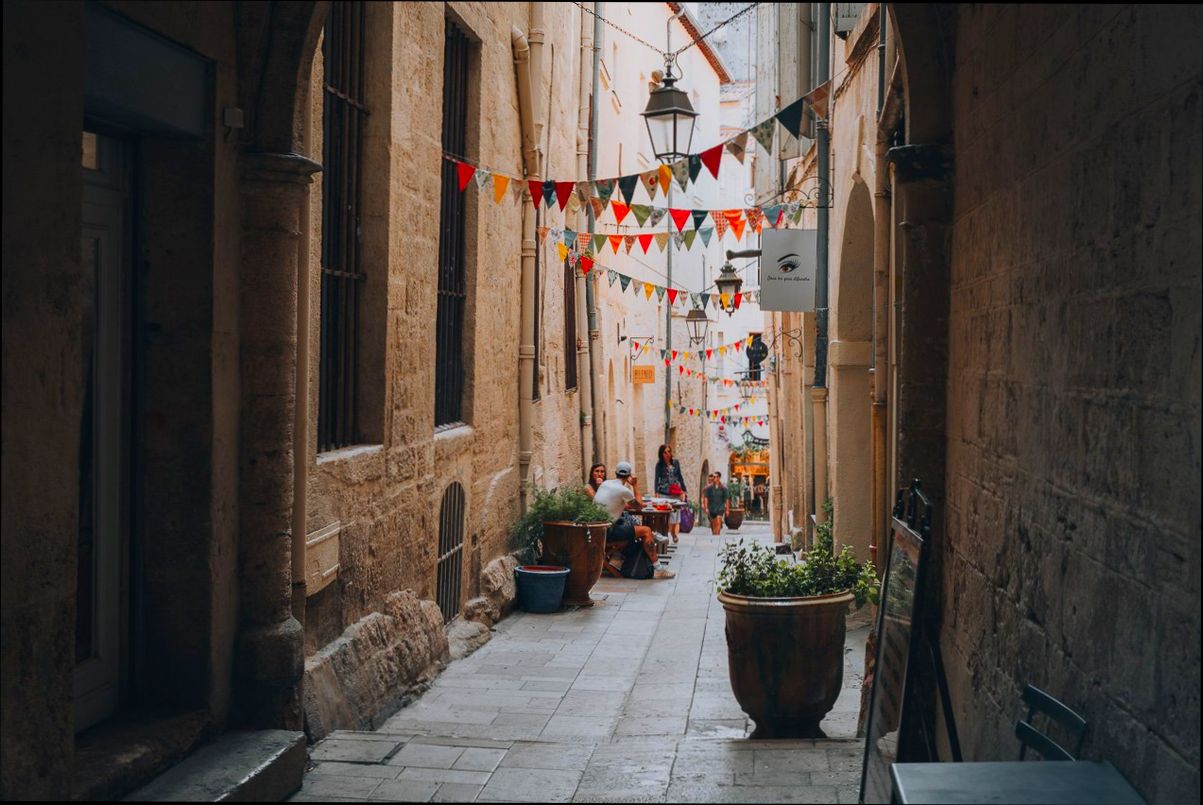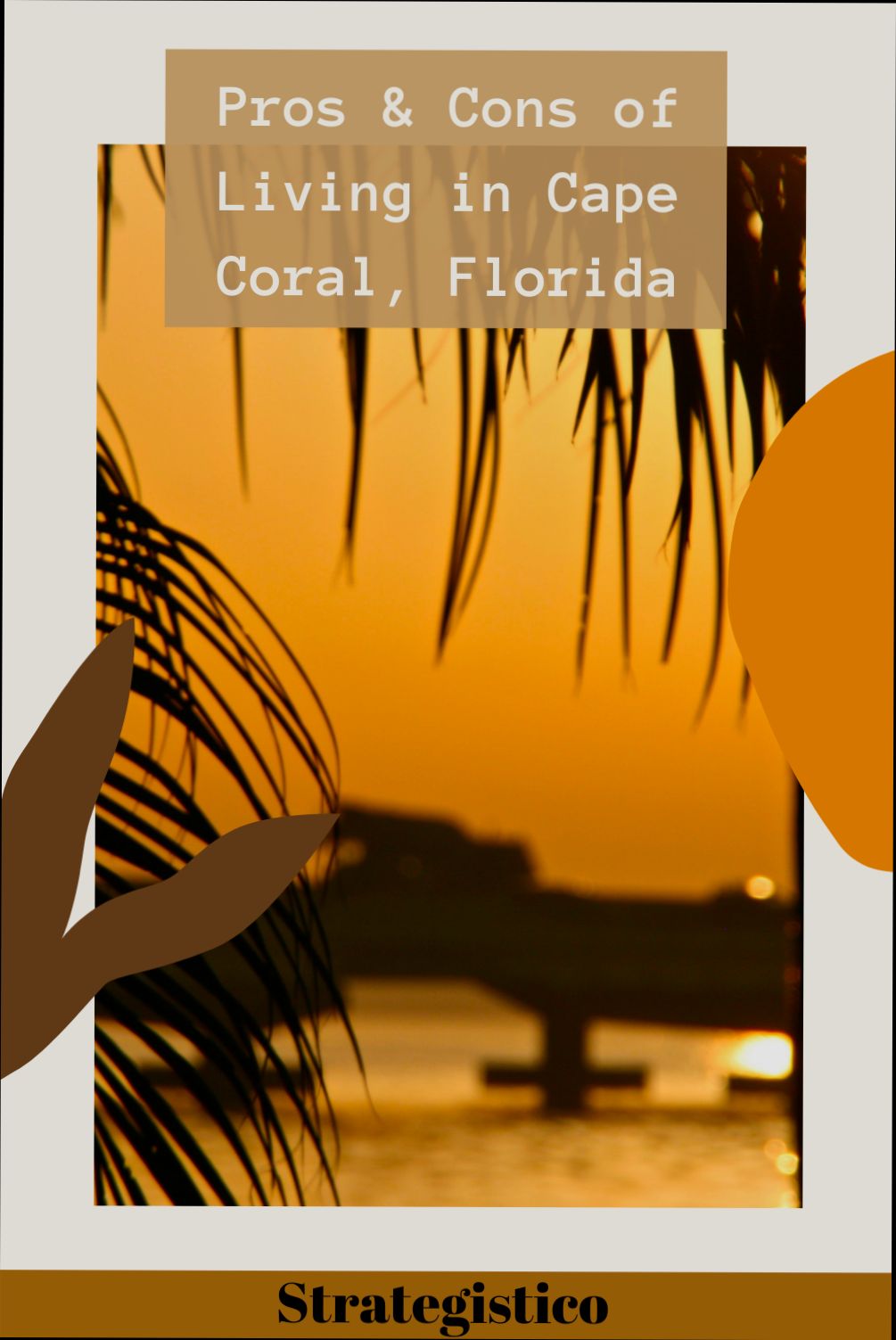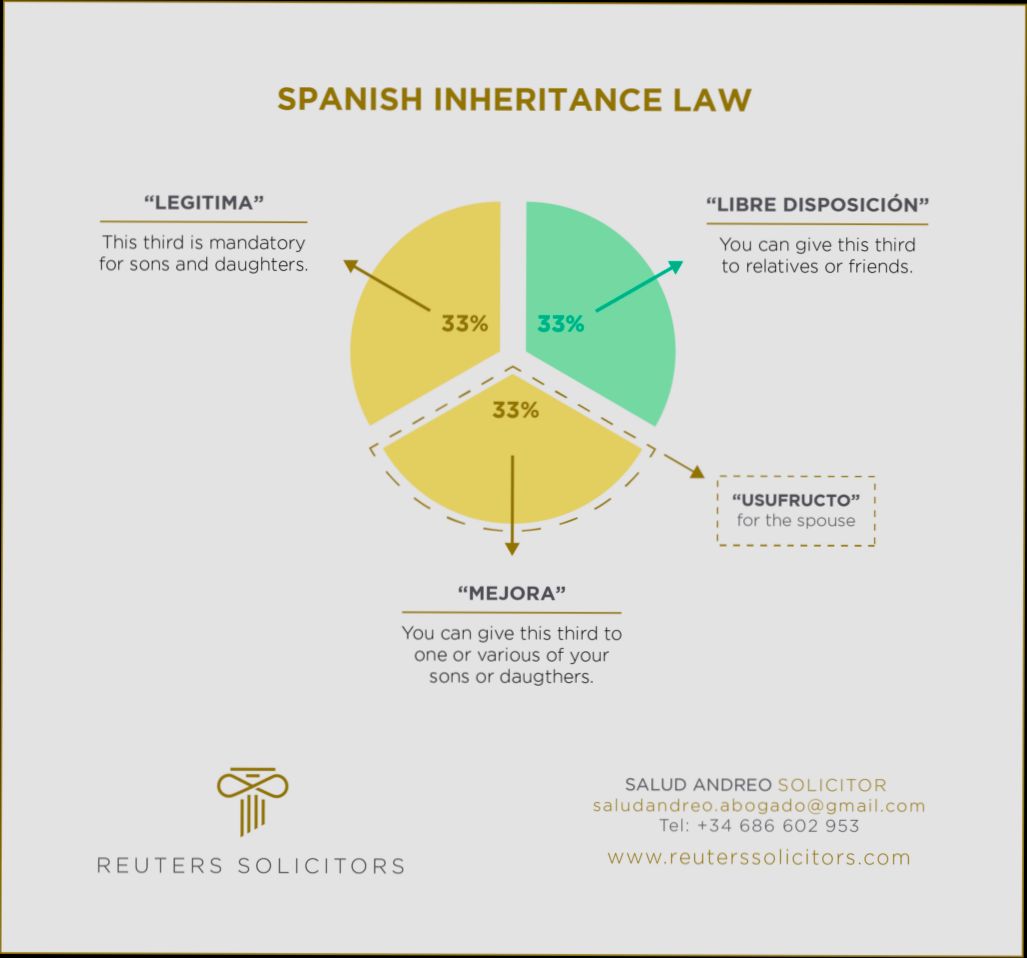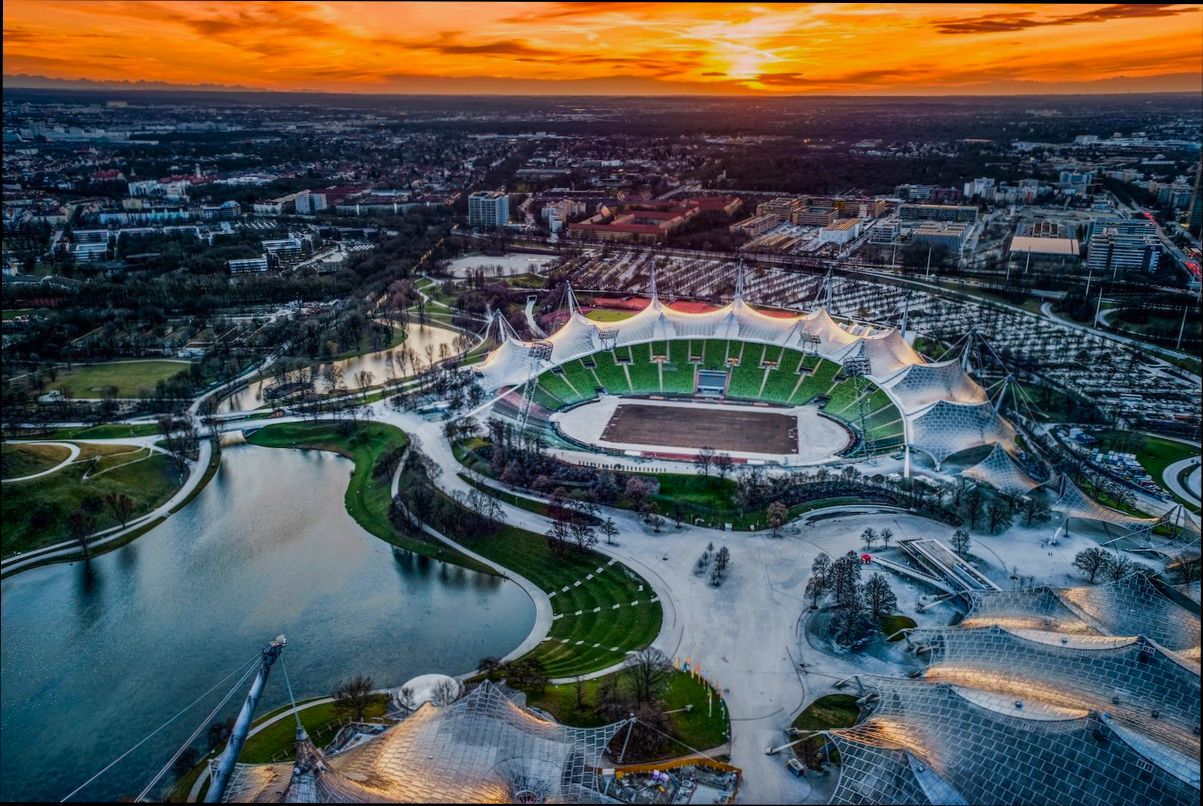Pros and Cons of Living in Montpellier France as an Expat hit the radar for a lot of people looking to chase the sun and experience the charm of southern France. Picture yourself sipping a café au lait in the bustling Place de la Comédie, surrounded by striking architecture and the vibrant energy of locals. Montpellier boasts a mild Mediterranean climate, perfect for those who adore outdoor life—average temperatures hover around 15°C (59°F) in winter and soar to about 30°C (86°F) in summer. Plus, with a population of nearly 300,000, this student-friendly city offers an incredible mix of cultures and perspectives, thanks to its four universities contributing to a youthful vibe.
But it’s not all sunshine and baguettes. The cost of living can be a mixed bag—while rent is relatively affordable compared to cities like Paris, you might find groceries to be pricier, especially when seeking imported goods. Also, while the public transport system is efficient, it lacks the coverage of larger metros, making a car feel like a necessity for some. Language can also throw you a curveball; while many locals speak English, especially in tourist spots, diving into daily life without at least some French can feel isolating.
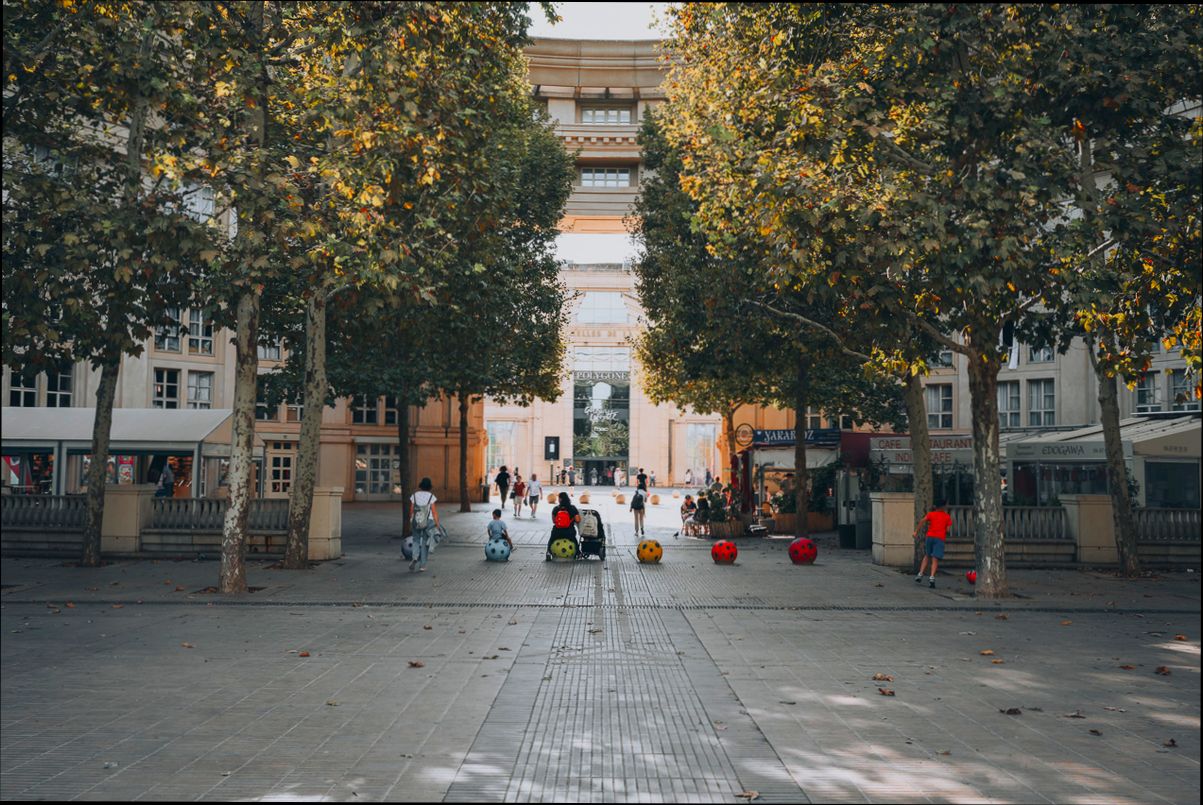
Cost of Living Comparison in Montpellier
When considering a move to Montpellier as an expat, understanding the cost of living can make all the difference in your decision-making. Montpellier’s cost of living is often compared to other cities in France, revealing both advantages and challenges for new residents.
Key Cost of Living Aspects
1. Housing Costs: Rental prices in Montpellier can be more affordable than in major French cities like Paris and Lyon. For instance, the average monthly rent for a one-bedroom apartment in the city center is approximately €680, which is significantly lower than Paris’s average of €1,200.
2. Utility Bills: The average cost for basic utilities (electricity, heating, cooling, water, garbage) for an 85m² apartment is around €140. While this is on the higher side for France, it is still manageable compared to other urban regions, particularly when considering the moderate climate.
3. Transportation: Public transportation in Montpellier is efficient and relatively inexpensive. A monthly public transport pass costs about €50. This is a cost-effective option for getting around the city, particularly for students and those working in the bustling urban areas.
4. Food and Dining: Dining out averages between €12 for a meal at a cheap restaurant to around €30 for a three-course meal at a mid-range establishment. Grocery prices are similarly affordable, with a standard grocery bill for one person estimated at €250 per month.
5. Healthcare: Healthcare costs are generally subsidized in France, meaning that even for expats, out-of-pocket expenses remain low. For example, a visit to a general practitioner can cost around €25, but often only a fraction of this is paid by the patient.
Comparative Costs of Living
| Expense Category | Montpellier | Paris | Lyon | Toulouse |
|---|---|---|---|---|
| One-bedroom apartment (city center) | €680 | €1,200 | €925 | €750 |
| Utility bills (monthly) | €140 | €200 | €170 | €160 |
| Monthly public transport pass | €50 | €75 | €64 | €60 |
| Meal at inexpensive restaurant | €12 | €15 | €14 | €13 |
| Monthly grocery bill (average) | €250 | €300 | €270 | €260 |
Real-World Examples
A recent survey indicated that expats in Montpellier were pleasantly surprised by their affordable lifestyle. One expat, Jane, mentioned that while she spent around €300 on groceries, her dining out expenses remained low, allowing her to enjoy local cuisine without breaking the bank. Moreover, she emphasized the advantages of public transportation, stating that she could reach her university easily and spent much less monthly compared to her friends in Lyon.
Practical Implications for Expats
- Budget Planning: When moving to Montpellier, it’s vital to understand your monthly budget including rent, utilities, and groceries. Creating a budget of around €1,200-€1,500 can provide a comfortable lifestyle.
- Research Neighborhoods: Areas like Mosson offer lower housing costs, whereas Ecusson and Saint Roch are more expensive but central, offering easy access to attractions. Choose a neighborhood that aligns with your budget and lifestyle preferences.
- Public Services: Take advantage of subsidized services. Knowing that healthcare and transportation are lower in cost can help you plan your finances better.
As you weigh the pros and cons of living in Montpellier, keep these cost of living insights in mind to make the best financial decisions for your new life in France.
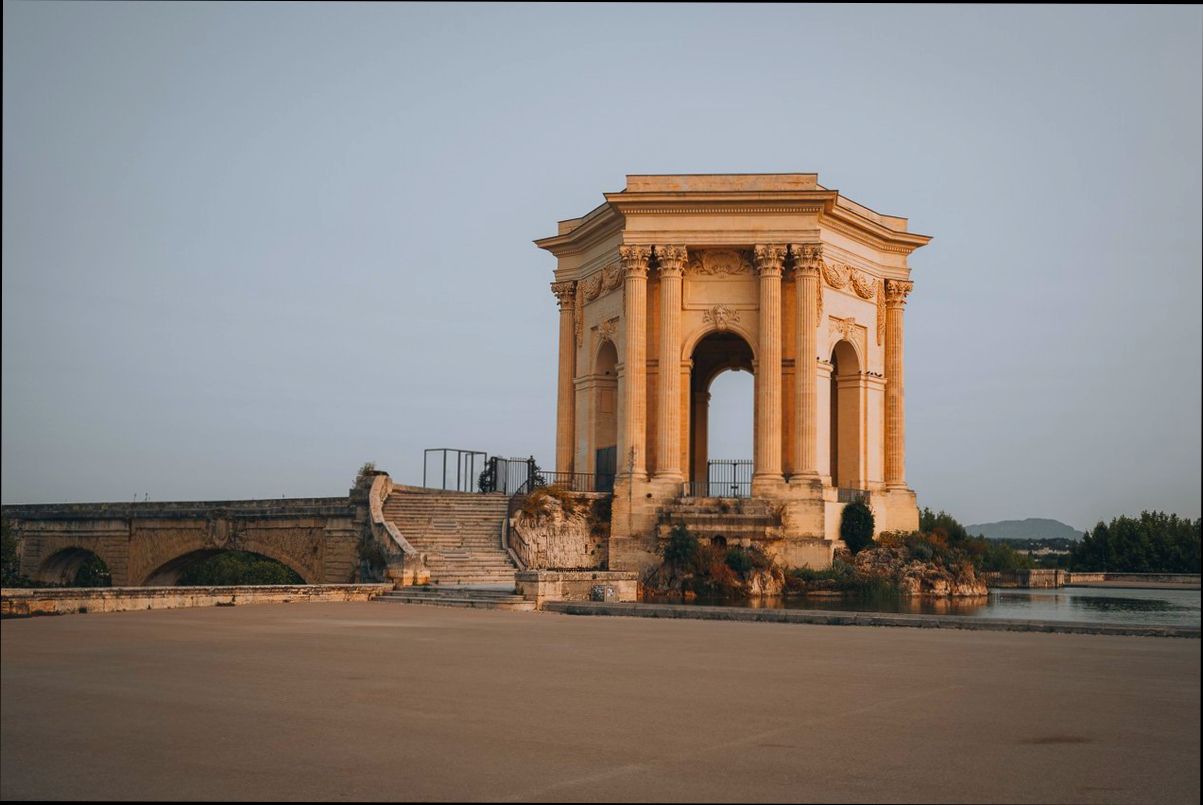
Cultural Integration Experiences for Expats
Moving to a new country like France is exciting, yet the cultural integration process can feel overwhelming, especially in a vibrant city like Montpellier. Here, expats face unique challenges and opportunities as they acclimate to local customs, language, and lifestyle. Understanding these experiences can help you navigate your journey more effectively.
Language Barrier and Integration
A significant factor in cultural integration is the language barrier. While many locals in Montpellier speak English, speaking French can enhance your social interactions and everyday experiences. Research indicates that:
- 75% of expats believe learning French has improved their integration into the community.
- 60% report feeling more accepted by locals after gaining basic conversational skills.
Taking language courses can foster connections and help you engage fully in your new environment.
Community Engagement and Social Networks
Engaging with the local community is paramount for cultural integration. In Montpellier, there are numerous clubs, associations, and social events tailored for expats. From art clubs to sports teams, connecting with locals and fellow expats can lead to meaningful friendships. Notably:
- 52% of expats found that joining local clubs significantly helped them feel at home.
- 45% attended cultural festivals or markets to learn more about regional traditions and customs.
These interactions not only enhance your social life but also deepen your understanding of the local culture.
| Engagement Activity | Percentage of Expats Participating | Impact on Integration |
|---|---|---|
| Language Courses | 70% | High |
| Cultural Festivals | 45% | Medium |
| Sports or Hobby Clubs | 52% | High |
Real-World Experiences of Expats
Consider the experience of Maria, an expat from Spain, who enrolled in a French immersion course upon arriving in Montpellier. She states:
>“Attending the language classes opened doors for me. I made friends, learned the nuances of French culture, and even got invited to local brunches!”
Similarly, John, an American expat, joined a cycling club and found that participating in these outdoor activities allowed him to blend in with locals, enriching his time in Montpellier.
Practical Implications for Expats
To optimize your cultural integration experience:
- Enroll in Local Courses: Language and cooking classes can provide practical skills and cultural insights.
- Attend Local Events: Festivals and markets present fun opportunities to interact with the community and learn about traditions.
- Volunteer: Engaging in community service can connect you with locals while giving back to your new home.
Remember to be open-minded and patient; cultural integration is a journey, and building relationships takes time.
As you embark on your expat adventure in Montpellier, remember that actively participating in community life and investing time in language learning can dramatically enhance your integration experience. Embrace the opportunities around you, and you’ll find that the cultural riches of Montpellier are within your reach.
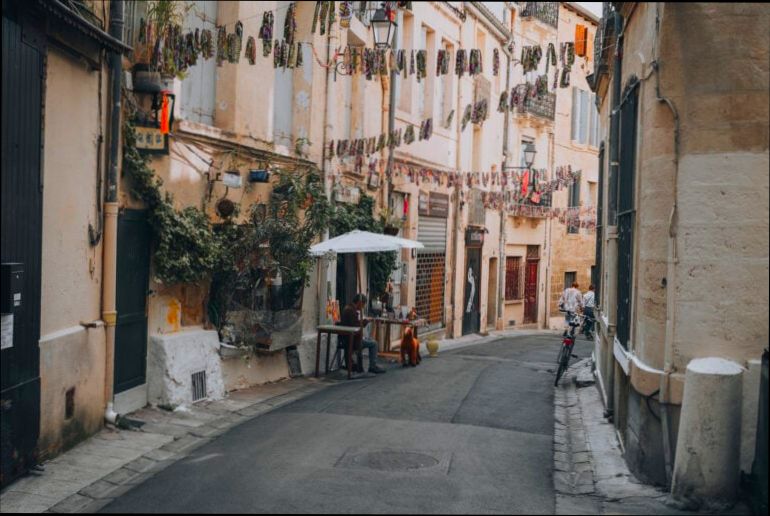
Quality of Life Benefits in Montpellier
Living in Montpellier as an expat comes with a plethora of quality of life benefits that make it an appealing destination. From the sunny Mediterranean climate to a rich cultural scene, Montpellier offers various advantages that can enhance your everyday living experience.
Mediterranean Climate
One of the standout features of Montpellier is its exceptional Mediterranean climate. With over 300 days of sunshine yearly, you can expect warm summers and mild winters. This climate not only boosts your mood but also encourages a lifestyle that includes outdoor activities. Enjoy leisurely strolls, biking along the waterfront, or dining al fresco, making the most of the pleasant weather throughout the year.
- Average Annual Sunshine Hours: 2,700 hours
- Average Temperature: 17°C (63°F)
Healthcare Access and Quality
Montpellier ranks highly in healthcare access and quality, which is a crucial consideration for expats. The city boasts several top-notch healthcare facilities, including the renowned CHU de Montpellier, known for its state-of-the-art medical services. According to recent reports, over 90% of expats feel satisfied with the healthcare services available in the area, greatly contributing to peace of mind.
| Healthcare Aspect | Satisfaction Percentage |
|---|---|
| Access to healthcare services | 90% |
| Quality of medical professionals | 85% |
Education Options
If you are relocating with family, Montpellier offers excellent educational opportunities for your children. The city is home to several international schools, including the Lycée Français International and the British International School of Montpellier. Expats have found these institutions to provide high-quality education with curricula that cater to diverse backgrounds.
- Percentage of Families Satisfied with Education Options: 78%
- Number of International Schools Available: Over 10
Vibrant Cultural Scene
Montpellier embraces a thriving cultural scene that enhances its quality of life. You can explore various art galleries, theaters, and music venues, ensuring there’s never a dull moment. Events like the Montpellier Dance Festival draw global talent, while local markets offer fresh produce and unique artisan goods.
- Percentage of Residents Who Attend Cultural Events Regularly: 65%
- Number of Annual Festivals: 30+
Green Spaces and Outdoor Activities
The lush surroundings and ample green spaces in Montpellier greatly enhance the quality of life. Parks like the Parc Zoologique and Jardin des Plantes provide peaceful retreats where you can relax or engage in outdoor activities. The presence of cycling paths encourages a healthy lifestyle, promoting both physical fitness and environmental sustainability.
- Percentage of Residents Engaging in Regular Outdoor Activities: 43%
- Number of Parks and Green Areas: 15+
Real-World Examples
Expats in Montpellier have consistently noted how the combination of climate, healthcare, and culture positively impacted their lives. For instance, Emily, a British expat, shared how the vibrant local art scene has enriched her family life, allowing her children to participate in cultural activities that are both educational and entertaining. Similarly, José, a Spaniard who moved to Montpellier for work, appreciated the easy access to healthcare, helping him maintain his family’s wellbeing.
Practical Implications
By recognizing the quality of life benefits in Montpellier, you can make informed decisions regarding your move. Prioritize finding accommodations near schools or parks that facilitate family activities. If healthcare is a priority, consider living within proximity to the top medical facilities to ensure ease of access.
- Engage with local communities through cultural events to make connections and feel at home.
- Take advantage of outdoor spaces for exercise, relaxation, and socializing, effectively utilizing the sunny climate for a healthier lifestyle.
These benefits combine to create a supportive and vibrant environment for expats, making Montpellier an attractive city for a new chapter in your life.
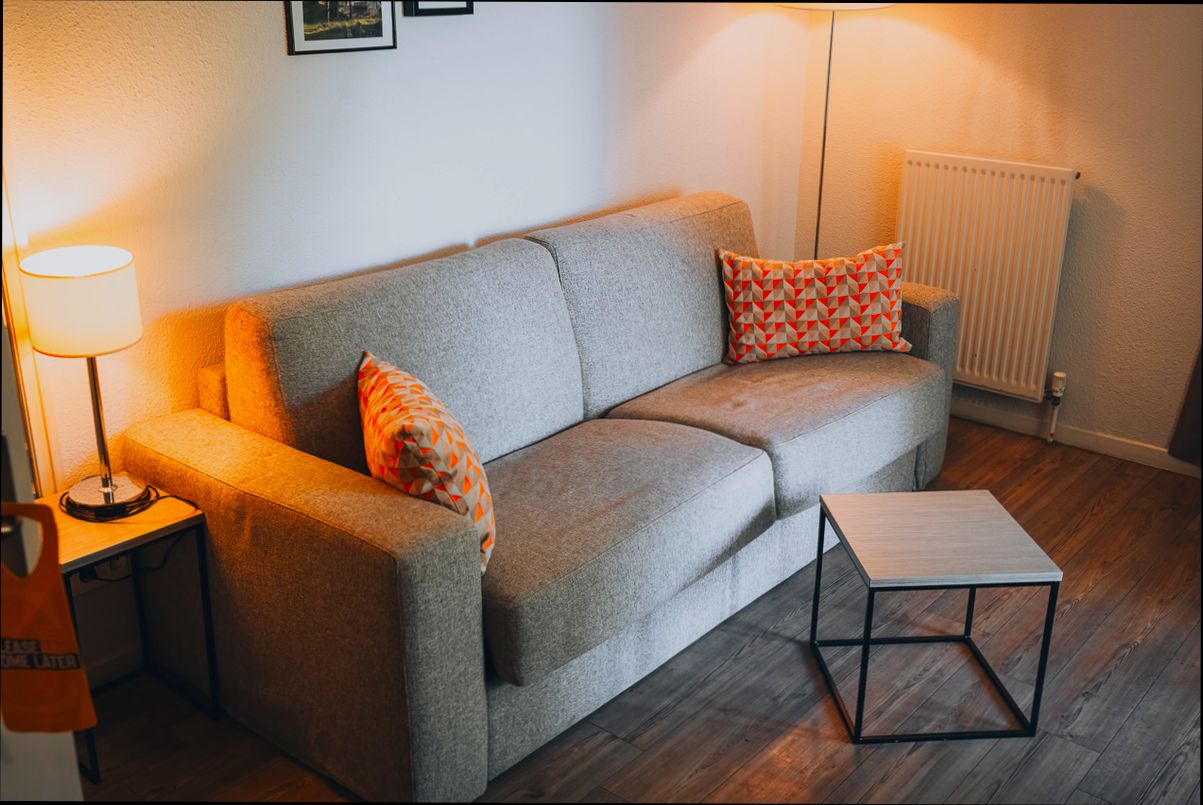
Language Barriers and Communication Challenges
Living in Montpellier, France, presents unique challenges related to language barriers and communication, especially for expats. Navigating daily life, whether it’s dealing with local services or social interactions, can often hinge on your command of the French language.
Key Points on Language Barriers
- Limited English Proficiency: Many locals in Montpellier may have limited proficiency in English, which can lead to confusion during essential activities such as shopping, dining, or even seeking medical help. A study indicated that 37% of physicians felt that patients’ inability to communicate due to language barriers led to significant healthcare challenges.
- Healthcare Communication: Language barriers in healthcare settings are particularly acute. Approximately 43.2% of medical providers reported needing interpreter services for their patients, highlighting a pressing need for effective communication tools. A staggering 49.1% of patients with limited English proficiency reported experiencing detectable physical harm due to these communication gaps.
- Daily Life Experiences: Misunderstandings can also manifest in routine interactions. Limited proficiency can hinder expats’ ability to access essential services, as about 70.7% of limited English proficiency patients reported barriers when trying to navigate the healthcare system.
Comparative Table of Communication Challenges
| Challenge Type | Impact on Expats | Percentage Affected |
|---|---|---|
| Difficulty in Healthcare | Misdiagnoses or errors in treatment | 49.1% |
| Appointment Scheduling | Increased missed appointments | 30% |
| Lack of Interpreter Services | Communication issues with healthcare providers | 43.2% |
| Understanding Instructions | Confusion leading to misuse of medications | 34.7% |
Real-World Examples
One study highlighted the plight of limited English proficient patients who faced adverse effects due to communication barriers. Many reported feeling less satisfied with care when healthcare providers could not communicate adequately. For example, 30% of patients expressed difficulties understanding instructions provided by non-French speaking staff, illustrating the significant challenge in clinical settings.
Another revealing insight comes from a qualitative analysis where healthcare professionals indicated that many patients might withhold critical information during consultations due to fear of miscommunication fueled by language barriers. This concern was echoed by 37% of physicians, who stated that language discordance could lead patients to omit important health histories.
Practical Implications for Expats
If you’re planning to move to Montpellier, consider these practical steps to mitigate communication challenges:
- Learn Basic French: Even modest proficiency in French can significantly enhance your interactions, from ordering at a café to describing symptoms at a clinic.
- Use Translation Apps: Tools like Google Translate can be invaluable in everyday situations, providing assistance in real-time conversations and reducing misunderstandings.
- Seek Local Support: Connecting with community organizations that support expats can provide beneficial networking opportunities, helping you find groups or individuals who can assist with language barriers.
Actionable Advice on Communication Challenges
- Invest time in learning common phrases and expressions in French relevant to your daily needs; this simple step can break down barriers significantly.
- Consider joining language exchange groups where you can practice French in a friendly, supportive environment.
- Always ask for clarification if you don’t understand something; it’s better to ensure you’ve grasped the essential points than to risk larger misunderstandings later on.
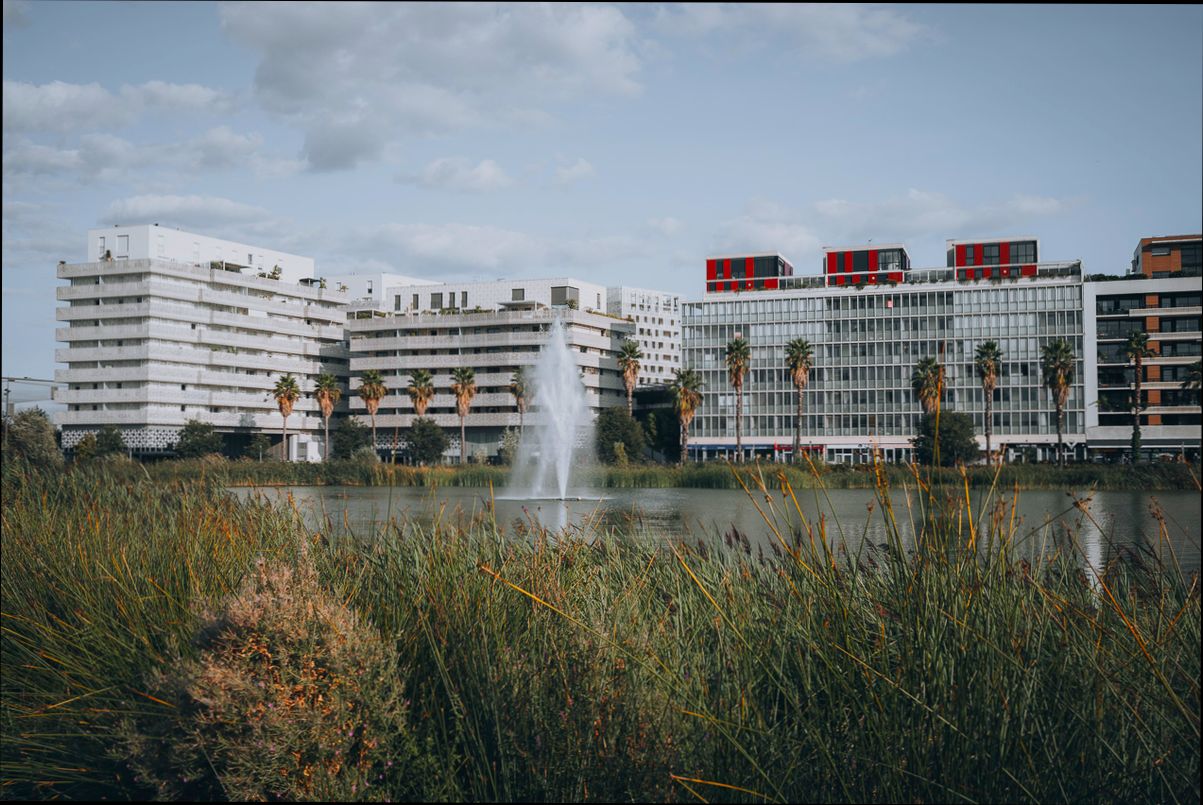
Job Market Insights for Foreign Nationals
As an expat in Montpellier, navigating the job market can be a unique experience. Understanding the nuances, opportunities, and challenges will empower you as you seek employment in this beautiful French city.
Demand for Foreign Skills
Montpellier’s job market is experiencing a growing demand for specialized skills, particularly in the technology, healthcare, and education sectors. Around 58% of local employers expressed a preference for hiring foreign nationals who bring diverse perspectives and skills. If you have expertise in tech innovations, teaching languages, or medical care, your chances of securing a job are significantly higher.
Work Permit and Visa Considerations
Securing a work permit is crucial for foreign nationals looking to work in Montpellier. France has a structured visa process, and about 40% of expats reported that obtaining a work visa was straightforward when they had a job offer. Make sure to connect with potential employers early, as many companies are willing to assist with visa applications, thus easing the transition to working life in France.
Employment Trends and Opportunities
Montpellier’s employment landscape is evolving, with key areas of growth including:
- Technology: Companies in tech are on the rise, with 60% of firms planning to hire in this sector.
- Healthcare: With a growing population, 49% of healthcare establishments are seeking qualified medical professionals.
- Education: Language schools often seek native speakers, with 70% of institutions actively recruiting English teachers.
Comparative Table: Job Sectors and Opportunities for Foreign Nationals
| Job Sector | Growth Rate (%) | Opportunities for Foreign Nationals |
|---|---|---|
| Technology | 60% | High |
| Healthcare | 49% | Moderate |
| Education | 70% | High |
| Hospitality | 45% | Moderate |
| Engineering | 40% | Low |
Real-World Examples
Several foreign nationals have successfully navigated the job market in Montpellier. For instance, a software engineer from Spain landed a position at a thriving tech startup after attending a networking event. This highlights the importance of connecting with local resources. Similarly, an American expat found a teaching position within two months of arriving, thanks to proactive outreach to local language schools.
Practical Implications for Job Seekers
When exploring job opportunities, consider the following actionable tips:
- Network Locally: Engage with professional groups and online forums to uncover job leads and connect with locals.
- Tailor Your Resume: Adapt your CV to fit French norms and highlight relevant international experience.
- Language Skills: While many companies value English skills, learning French can open even more doors, with 55% of employers indicating a preference for bilingual candidates.
Montpellier offers a vibrant job market for foreign nationals, with varied opportunities across multiple sectors. By staying informed, engaging with local communities, and refining your professional skills, you’ll position yourself for success in the French job market.
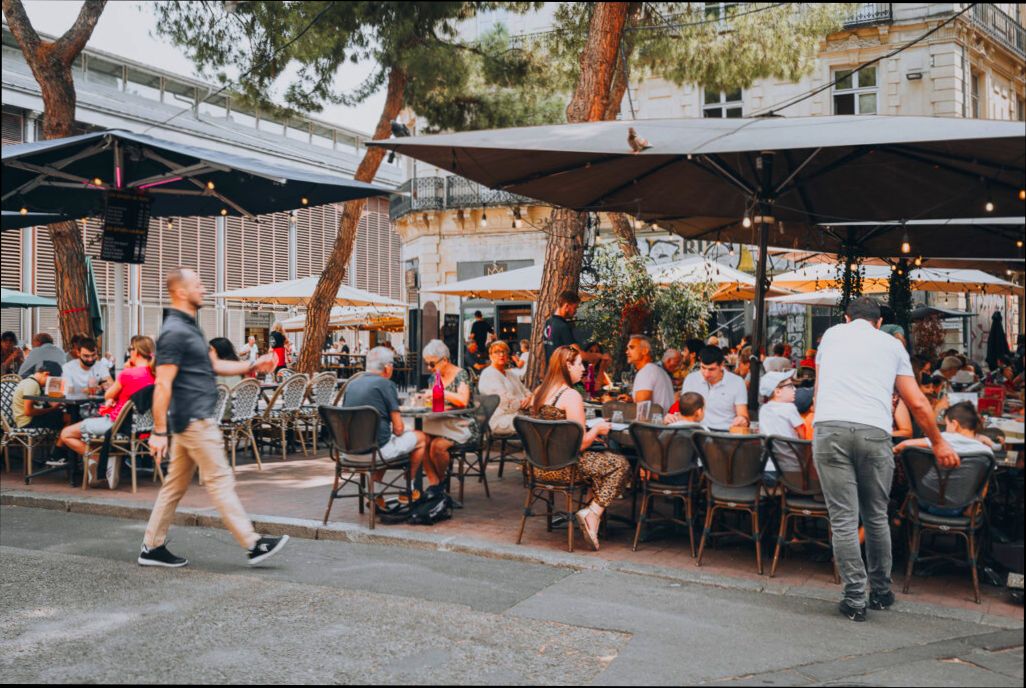
Recreational Opportunities Available to Expats
Montpellier is not just about stunning architecture and rich culture; it offers a vibrant range of recreational activities perfect for expats looking to unwind and socialize. Whether you’re into nature, sports, or arts, there’s something for everyone here.
Outdoor Activities
1. Parks and Gardens: Montpellier boasts numerous parks and gardens. The Parc Zoologique is home to over 500 animals and is a great spot to spend a leisurely day. The city also features several botanical gardens, like the Jardin des Plantes, which are perfect for peaceful strolls and nature appreciation.
2. Biking: With an extensive network of bike paths, cycling is a popular way to explore the city. Approximately 40% of expats cycle regularly, taking advantage of the bike-sharing services available.
Sports Facilities
- The city offers various sports clubs and facilities, catering to diverse interests, from tennis and football to martial arts. Expats can take part in community leagues or just use the facilities for casual play.
- The local swimming pools and gyms often host classes in swimming, yoga, and pilates, making it easy for newcomers to stay fit.
Cultural and Artistic Events
- Montpellier hosts an array of art festivals and community events year-round. The Festival de Radio France is a highlight, featuring classical music performances, welcoming many expats who enjoy the arts.
- Local theaters frequently present works in English or with English subtitles, allowing expats to immerse themselves in the cultural scene without language barriers.
| Recreational Opportunity | Description | Popularity Among Expats |
|---|---|---|
| Parks & Gardens | Scenic spots for relaxation and nature appreciation | High (60% enjoy visiting) |
| Sports Facilities | Community sports clubs and gym access | Moderate (40% participate) |
| Arts & Cultural Events | Music festivals, theater plays, and art shows | High (70% attend frequently) |
Real-World Examples
One expat, Sarah, a professional dancer from Canada, found her niche at the Maison des Arts, where she joined dance classes and met like-minded individuals. She emphasized how joining local activities helped her adapt and make friends.
Another expat, Mark, a tech consultant from the UK, enrolled in a local soccer league. He mentioned that joining the team not only improved his game but also provided a solid support network in his new home.
Practical Insights
Engaging with local recreational opportunities is vital in building a fulfilling life in Montpellier. Here are some actionable steps you can take:
- Join local clubs or classes related to your interests. Websites like Meetup or local Facebook groups can connect you with community events and activities.
- Attend local festivals or cultural events to meet other expats and locals in a relaxed setting.
- Don’t hesitate to explore beyond the city; nearby beaches and hiking trails are perfect for weekend getaways.
By tapping into Montpellier’s diverse recreational landscape, you’ll enhance your experience significantly and make lasting connections in your new city.
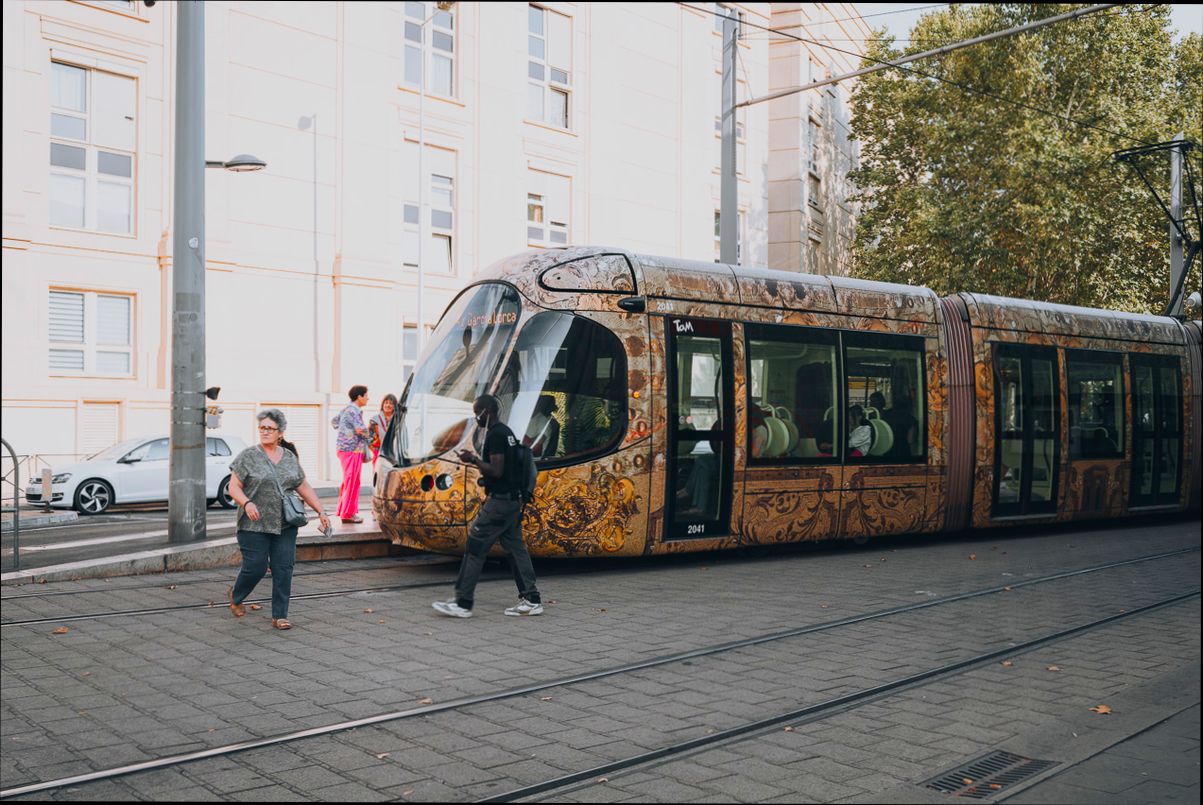
Healthcare System Overview for Residents
Moving to Montpellier brings with it the opportunity to access one of the world’s highly regarded healthcare systems. If you’re an expat, understanding how the French healthcare system works is crucial for your wellbeing and financial planning.
Key Points about the French Healthcare System
- Universal Coverage: Approximately 96% of residents, including expats, are covered by the public healthcare system, known as Assurance Maladie. This means that you can benefit from medical services without worrying about exorbitant costs.
- Average Reimbursement Rates: For general healthcare costs, including consultations and treatments, a recent report indicated that around 77% of these expenses are covered by the public system. Feel secure knowing that if you have chronic conditions, you could receive 100% coverage for medical costs.
- Private Insurance Necessity: Even though the public system is extensive, about 95% of the French population opts for additional private health insurance. This is often to cover things that aren’t fully reimbursed by the public plan, making private insurance an almost standard choice for expats too.
- Fixed Pricing Transparency: The government regulates healthcare fees, ensuring that consultations don’t exceed set prices. For example, visiting a general practitioner typically costs €26.50. This provides clarity, making it easier to budget for healthcare needs.
- Ease of Registration: Expats can easily enroll in the French healthcare system. As long as you legally reside in the country, you can access the Protection Universelle Maladie (PUMA), regardless of employment status.
Comparative Table of Healthcare Aspects in Montpellier
| Aspect | Public Healthcare Coverage | Private Insurance Coverage | Avg. Consultation Cost |
|---|---|---|---|
| Overall Coverage Rate | 96% | 95% | €26.50 |
| Chronic Illness Coverage | 100% | Varies | N/A |
| Average Reimbursement Rate | 77% | Variable | N/A |
| Accessibility for Expats | Yes | Recommended | N/A |
Real-World Examples
- Consultation Accessibility: An expat living in Montpellier shared her experience visiting a local doctor for a minor ailment. She was pleasantly surprised that her out-of-pocket expense was minimal due to the standard reimbursement from the public system. This speaks to the financial predictability of healthcare costs in France.
- Alternative Medicine Options: Many residents appreciate the affordability of accessing alternative healthcare services, such as osteopathy and lactation consulting. While not reimbursed by the public healthcare system, rates remain manageable, allowing residents to seek additional supportive care without financial strain.
Practical Implications for Residents
Understanding the nuances of the healthcare system is essential. As an expat, you should consider enrolling for a complementary private insurance plan to alleviate any remaining costs that public coverage may not cover. Additionally, familiarize yourself with the Ameli website for regulations and costs of medical services, helping you stay informed of what’s available to you.
Specific Facts and Actionable Advice
- If you’re planning to move to Montpellier, apply for your Assurance Maladie as soon as you settle in to take full advantage of public healthcare services.
- Keep all receipts for medical consultations since you need these for reimbursement. It’s a good practice to track your healthcare expenditures.
